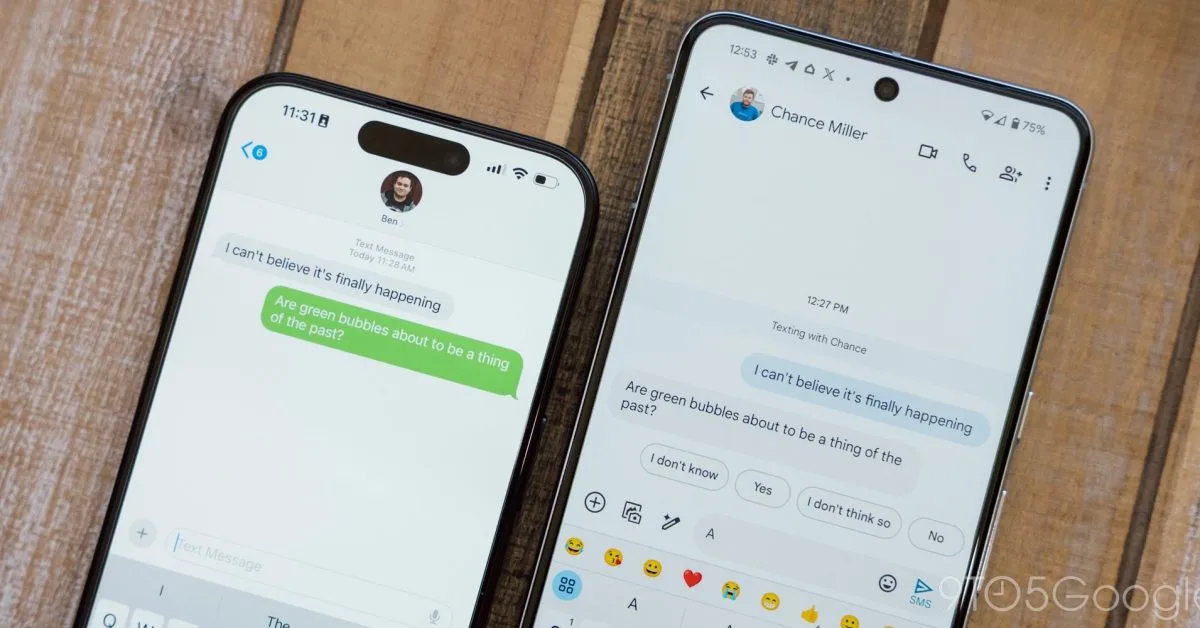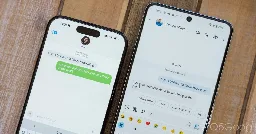Apple gets the message, RCS coming to iPhone in 2024 with same Universal Profile as Android
Apple gets the message, RCS coming to iPhone in 2024 with same Universal Profile as Android

9to5google.com
Apple gets the message, RCS coming to iPhone in 2024 with same Universal Profile as Android

It's happening!!!
